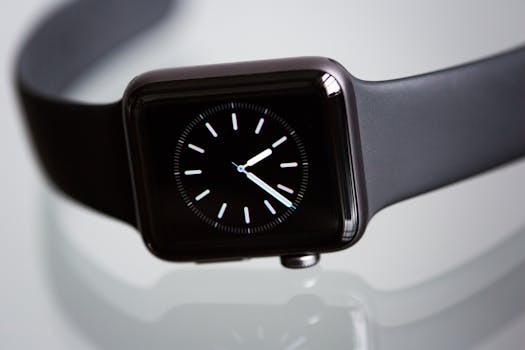
Vitamin D Deficiency in Black Veterans: Unseen Health Battle and the Focus on Solutions
The Unseen Battle: Addressing Vitamin D Deficiency Among Black Veterans
The Unseen Battle: Addressing Vitamin D Deficiency Among Black Veterans
The Problem: Vitamin D Deficiency Among Black Veterans
As we honor the bravery and sacrifice of our veterans, we must also acknowledge the unique health challenges they face. One such challenge that often goes overlooked is vitamin D deficiency. This 'sunshine vitamin' plays a vital role in maintaining overall health, and its deficiency can lead to a plethora of health complications.
The Causes: Why Black Veterans are at Risk
Black veterans, like many African Americans, are at a higher risk of vitamin D deficiency due to their skin's higher melanin content. Melanin reduces the body's ability to produce vitamin D from sunlight. This, combined with other factors like limited outdoor activity and inadequate dietary intake, puts this demographic at a particularly high risk.
The Health Implications: The Silent Enemy
Vitamin D deficiency is a silent enemy, quietly wreaking havoc on the body. It weakens the bones, impairs the immune system, and increases the risk of various diseases, including heart disease, diabetes, and certain types of cancer. It's a silent but deadly foe, much like the unseen enemies our veterans have bravely faced on the battlefield.
The Solutions: Awareness, Prevention, and Supplementation
To combat this invisible adversary, we need to focus on three main strategies: awareness, prevention, and supplementation.
Awareness: The First Step
Many people, including black veterans, are unaware of the importance of vitamin D and the risks associated with its deficiency. We must spread the word, educate our communities, and ensure our veterans understand the significance of this vital nutrient.
Prevention: Promoting Healthy Habits
Prevention involves encouraging regular outdoor activities and promoting a diet rich in vitamin D. Foods like fatty fish, fortified dairy products, and egg yolks are excellent sources. However, due to dietary restrictions or personal preferences, some may find it challenging to get enough vitamin D from food alone.
Supplementation: A Necessary Reinforcement
Vitamin D supplements are an effective and convenient way to ensure adequate intake. For black veterans, the recommended daily intake is higher due to their increased risk of deficiency. However, it's important to note that vitamin D supplements should be taken under the guidance of a healthcare professional to ensure safe and effective use.
The Call to Action: What We Can Do
In addition to individual efforts, systemic changes are also necessary. Healthcare providers must be proactive in screening for vitamin D deficiency, particularly among high-risk groups like black veterans. Moreover, the government and veteran organizations should prioritize this issue and implement policies to ensure black veterans have access to the necessary resources. This includes providing affordable supplements, promoting education about vitamin D, and facilitating regular health check-ups.
Conclusion: Joining the Battle
In conclusion, the battle against vitamin D deficiency among black veterans is a fight that we all must join. Our veterans have bravely faced countless battles for us; it's time we stand up and fight for them. By raising awareness, promoting prevention, and ensuring adequate supplementation, we can help our black veterans win this unseen battle and lead healthier, happier lives.
FAQs: Vitamin D Deficiency Among Black Veterans
What are the risks of vitamin D deficiency?
Vitamin D deficiency can lead to various health issues, including weakened bones, impaired immune system, and increased risk of heart disease, diabetes, and certain types of cancer.
How can vitamin D deficiency be prevented?
Regular outdoor activities, a diet rich in vitamin D, and supplementation under the guidance of a healthcare professional can help prevent vitamin D deficiency.
What is the recommended daily intake of vitamin D for black veterans?
The recommended daily intake of vitamin D for black veterans is higher due to their increased risk of deficiency. A healthcare professional should provide specific guidance.
Remember, in the words of the great Martin Luther King Jr., "Our lives begin to end the day we become silent about things that matter." And the health of our black veterans, indeed, matters. Let's not be silent; let's take action. Together, we can make a difference.
